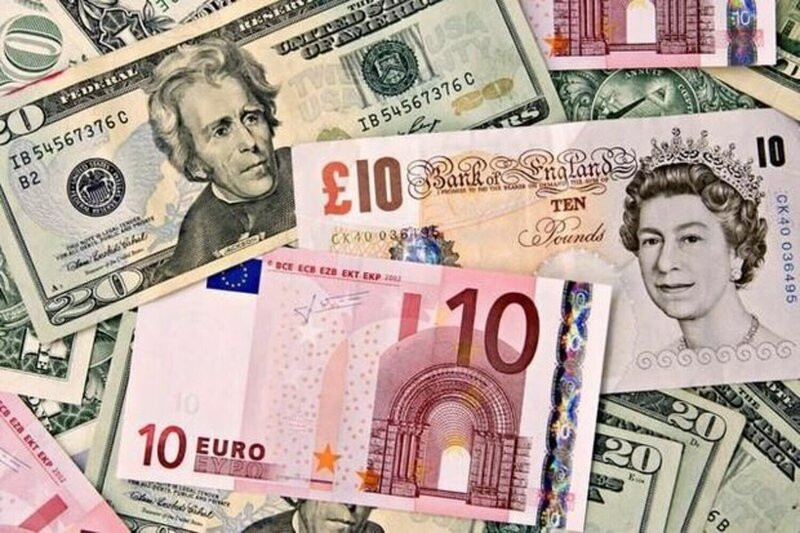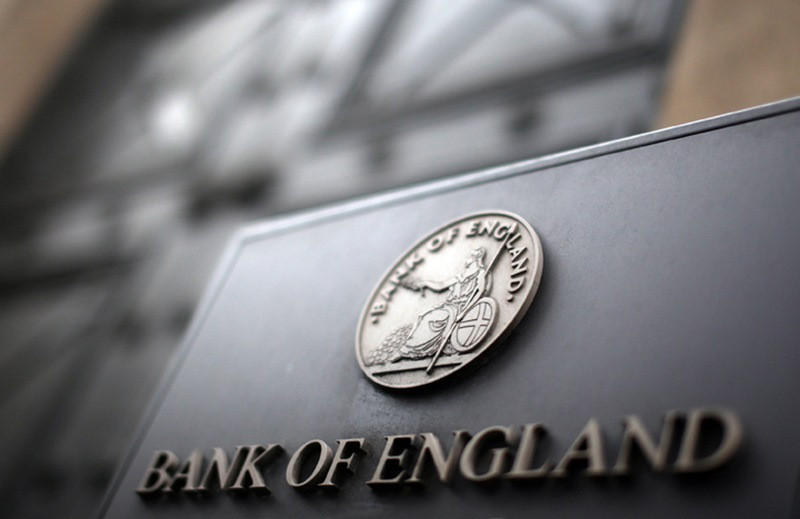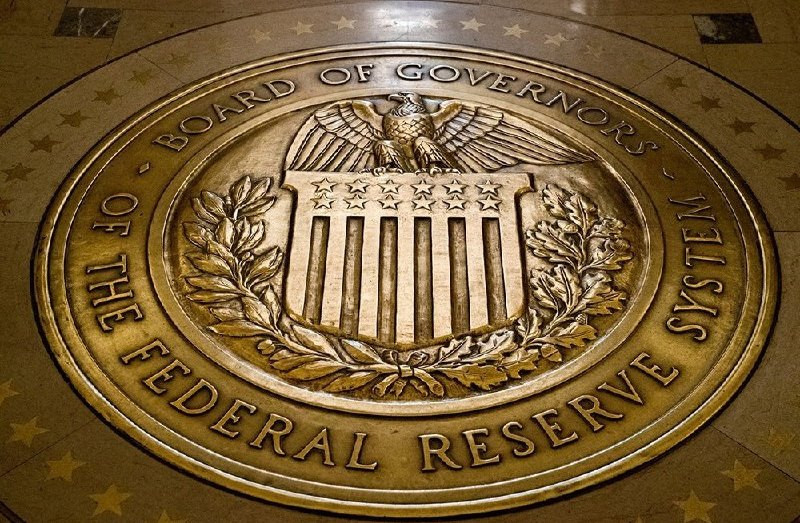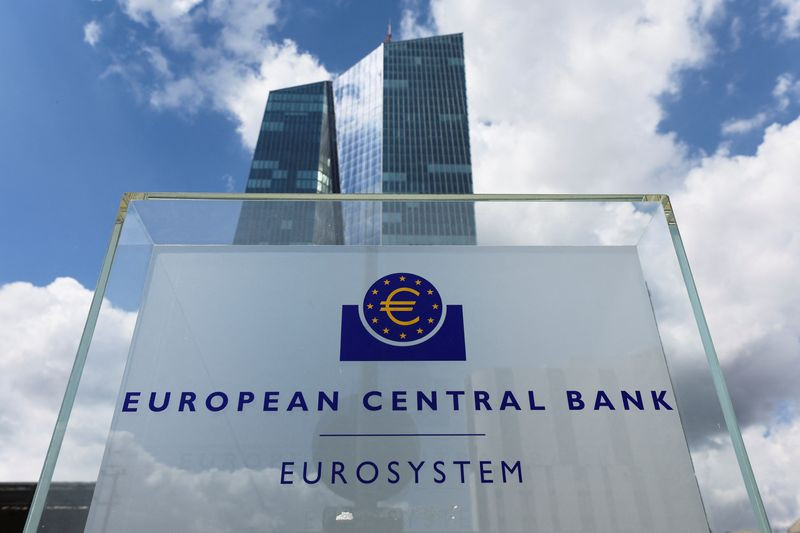
One of the main newsmakers of this week was the Bank of England. The unexpected actions of the central bank served as a breath of fresh air for risky assets, which, after a strong oversold, did not need much to rebound.
On Wednesday, the BoE announced that it had decided to start repurchasing securities in order to put out a "fire" in the local debt market. As a result, the yield of British government bonds has sharply decreased along the entire curve.
Against this background, the yield of ten-year treasuries also fell, pulling the dollar with it. The greenback was forced to retreat from the highest levels since May 2002, recorded above 114.70 points.
The main beneficiary of the BoE's actions was the pound sterling, which strengthened against its American counterpart by about 1.5%, rising to $1.0890 from the previous closing level of $1.0730.
The EUR/USD pair rose by a similar amount, bouncing to 0.9735 from the multi-year low reached earlier in the session near 0.9530.
On Thursday, the dollar closed in negative territory for the second day in a row, losing more than 2% during this period.
Meanwhile, the GBP/USD pair continued to gain momentum and strengthened by more than 200 points to 1.1115.
Market participants drew attention to the statements of the chief economist of the BoE Huw Pill. He did not rule out that the British central bank will significantly change the base interest rate at the November meeting in response to the recently announced tax cuts by the government.
"It is difficult not to understand that the fiscal incentives unveiled last week will provoke a significant and necessary response from monetary policy in November," Pill said.
According to him, tax cuts will stimulate demand. This is likely to lead to increased inflation, which the BoE is trying to contain.

Traders predict an interest rate hike of 125 basis points at the next BOE meeting in early November.
19 out of 36 economists polled recently by Reuters expect the BoE to raise the rate by 75 basis points in November, while 13 predict that the central bank will go for a supersized increase of 100 basis points.
The EUR/USD pair also continued to develop a bullish momentum on Thursday. Following the results of Thursday's trading, it rose by 80 points to 0.9815, thanks to the hawkish signals from the European Central Bank.
Markets are fully counting on another ECB rate hike of 75 basis points next month, with a probability of 1 to 3 by a full percentage point.
"I would choose a 75 basis point increase. But 50 is the minimum," ECB spokesman Gediminas Simkus said.
His colleagues, including Robert Holzmann from Austria and Olli Rehn from Finland, also spoke in favor of raising rates by 75 basis points, although almost a month remains until the next ECB meeting, which will be held on October 27.
Meanwhile, the US has published data that confirmed that inflation in the country is slowing down not as fast as expected, and the situation on the labor market remains favorable. This allows the Federal Reserve to continue tightening monetary policy.
The core PCE price index, which is closely monitored by the Fed, grew by 4.7% in the second quarter compared to the previous quarter, and not by 4.4%, as previously reported.
The number of new applications for unemployment benefits in the United States fell to the lowest since May. The indicator decreased last week by 16,000, to 193,000 from 209,000 a week earlier.
St. Louis Fed President James Bullard praised the decline in weekly initial applications for unemployment benefits and noted that the Fed will bring inflation to 2% in a reasonable short time.
The head of the Federal Reserve Bank of Cleveland, Loretta Mester, in turn, said that they have not yet reached the point where they could start thinking about stopping interest rate hikes.

These comments did not provide significant support to the US currency, as traders are now waiting for another major rate hike from the BoE and the ECB.
On Friday, sterling and the euro rose to weekly highs against the dollar, rising to $1.1235 and $0.9850, respectively.
The pound managed to recoup almost all the sharp losses caused by the so-called "mini-budget" presented by the new government of the United Kingdom last Friday.
According to experts, despite the positive dynamics of recent days, the situation around the pound remains unstable.
"While the Bank of England has restored some confidence in the currency, it is also necessary to fix government finances so that the pound rally continues," Credit Agricole analysts believe.
According to Rabobank analysts, the pound remains a very vulnerable currency. They set a three and six-month target for the GBP/USD pair at 1.0400 and do not rule out a move towards parity, depending on the decisions taken by the UK government.
"While the policy of the Bank of England can keep the market at a fairly stable level for now, without changes in the fiscal position of the government, the pound may fall at any moment," Rabobank noted.
Sterling is going to end the week in a positive mood after an extremely volatile week. However, the decline in the pound is not over yet, and the recent rebound is an opportunity for new short positions, MUFG Bank believes.
"The recent successes of the pound are built on a shaky foundation. The risks for sterling are turned downwards. The Bank of England's unwillingness to raise the rate between meetings continues to suggest that the central bank is not particularly enthusiastic about the hasty tightening of monetary policy. This probably reflects sincere concerns about economic growth," the bank's strategists said.
"If rates are restrained from raising due to weak fundamentals and taking into account the current account deficit close to a record, then the pound will thus be the likely channel of adjustment. Confidence remains unstable, and based on limited signs of a possible reversal, we suspect that the GBP/USD pair will start to decline again," they added.

There are clear disputes about whether the ECB rate hike should correspond to the September step of 75 bps or it should be reduced to 50 bps. In the latter case, further downward pressure on the euro is possible, economists at MUFG Bank say.
"If conditions in the financial markets continue to deteriorate, there is every chance that the ECB will return to raising the rate by 50 bps. We definitely see much higher risks of deterioration in conditions, and therefore the momentum of the EUR/USD decline is likely to return quickly," they said.
Over the past couple of days, the euro has been able to strengthen. However, Commerzbank believes that this recovery is not sustainable.
"Inflation, and above all core inflation, is likely to remain at a high level, which will require further aggressive tightening of monetary policy. Uncertainty about whether the ECB will be ready to do this is likely to put pressure on the euro in the coming weeks," the bank's analysts said.
"If the ECB has to abandon its relatively optimistic economic forecasts as the signs of recession intensify, the doves in the ECB may become more cautious again," they noted.
Bank of America analysts have revised their previous expectations in the direction of deterioration in relation to the key European currencies – the euro and the pound sterling.
"The persistence of elevated core inflation pushes the Fed to a faster, steeper and longer cycle of rate hikes, and this process should support the dollar. Meanwhile, the deepening energy crisis in the eurozone and the escalation of the conflict in Ukraine are putting pressure on European currencies. We have lowered the forecast for the EUR/USD pair for the 4th quarter of 2022 from 1.0500 to 0.9500 and expect that the GBP/USD pair will approach parity at the end of the year," they said.
The theme of the upcoming winter is central in the European media amid the energy crisis.
Thus, the Berliner Morgenpost newspaper warned residents of Germany that this winter they may face prolonged total power outages.

To avoid high energy prices, people began to resort to alternative heating options. Electric fan heaters are in the greatest demand, Berliner Morgenpost reports.
According to the report, over 650,000 such devices have already been sold in the country. This, in turn, carries the risk of a large-scale power outage, analysts fear. According to them, fans turned on at the same time can provoke overload of networks and emergency shutdown of substations.
Great Britain is also facing a blackout amid a sharp rise in electricity prices and a drop in wind power production. The Daily Mail news outlet warned about this back in early September.
As the newspaper notes, now the British can forget about the wasteful attitude to electricity, since by about Christmas the United Kingdom may face a blackout – the termination of electricity supply to homes.
"Now it's worth cooking lunch after 8 o'clock in the afternoon, washing clothes in the morning or at night and turning off the light if the wind is not blowing," the report says.
The dollar took a breather after a rapid dash to the upside, allowing the euro and the pound to defy the downward trend. However, some USD shorts observed in the second half of this week are nothing more than profit-taking before the next greenback's jump, since the broad bullish trend in the US currency remains in force.
"The dollar will continue to attract demand as a safe haven, as we expect fears of a global recession to intensify in the coming months. USD is likely to peak at 115 in the first half of 2023," ANZ Bank strategists noted.
"We have revised our forecasts for the euro and the pound and expect that EUR and GBP will reach the "bottom" against the dollar in the first half of 2023 – at $0.95 and $1.10, respectively," they added.
 English
English 
 Русский
Русский Bahasa Indonesia
Bahasa Indonesia Bahasa Malay
Bahasa Malay ไทย
ไทย Español
Español Deutsch
Deutsch Български
Български Français
Français Tiếng Việt
Tiếng Việt 中文
中文 বাংলা
বাংলা हिन्दी
हिन्दी Čeština
Čeština Українська
Українська Română
Română

